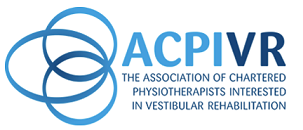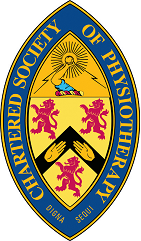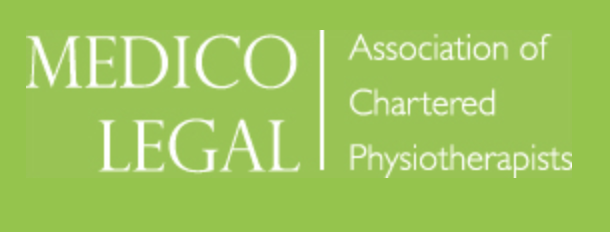DizzyCare Clinic
(+44) 07894546397
contactdizzycare@gmail.com



Suffering from Dizziness/Vertigo ?
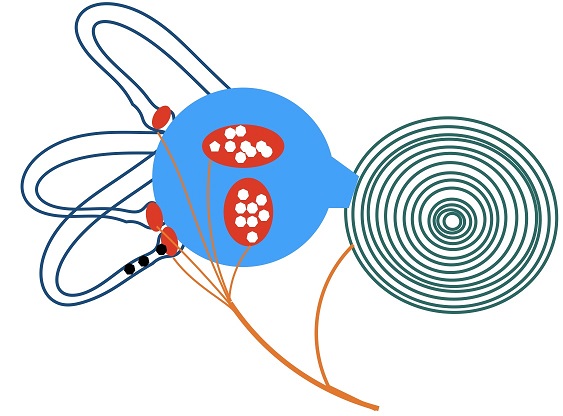
BBPV
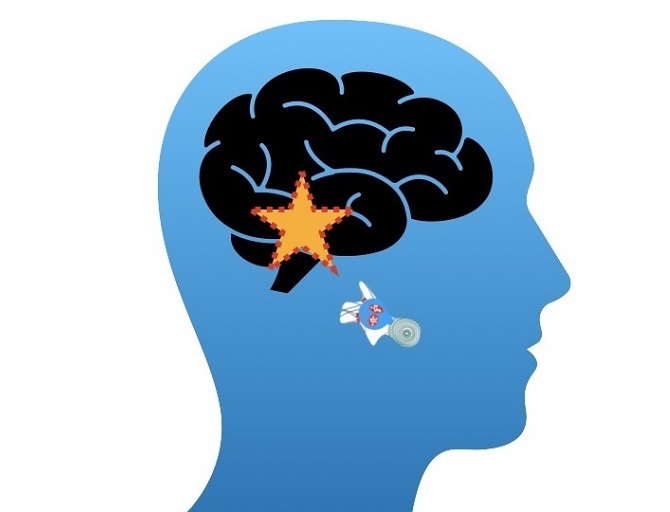
Vestibular Migraine
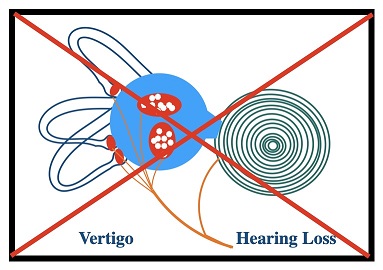
Labyrinthitis
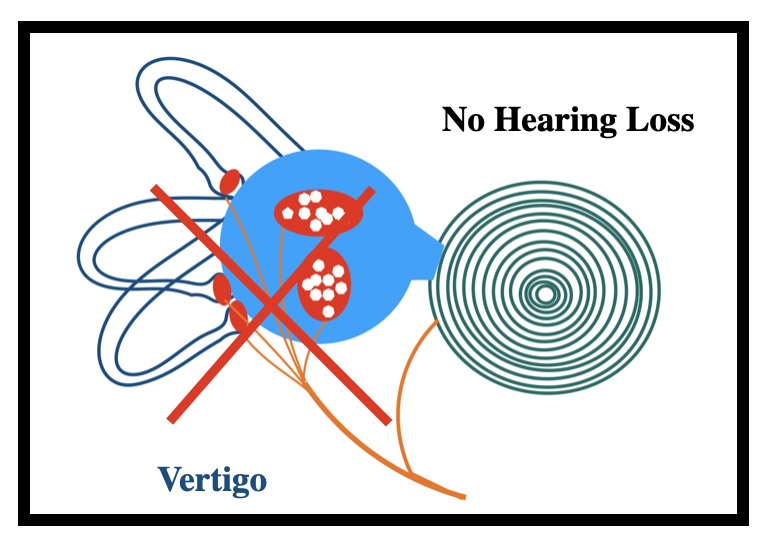
Vestibular Neuritis

Visual Vertigo
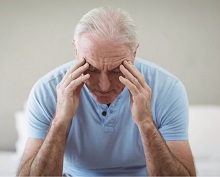
PPPD
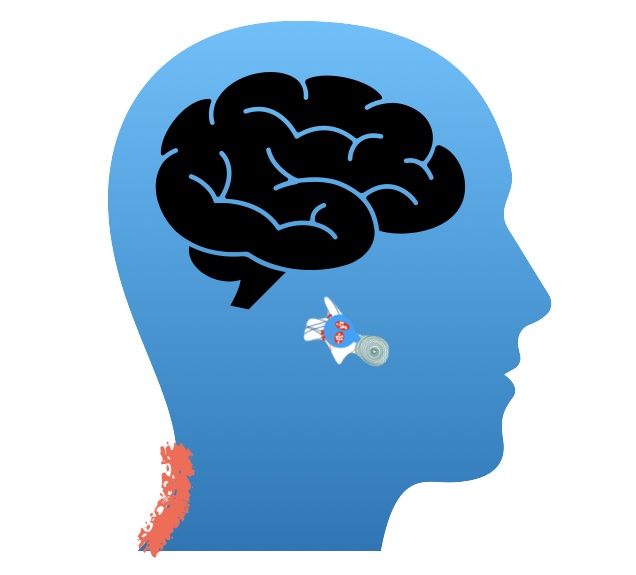
Cervicogenic Dizziness
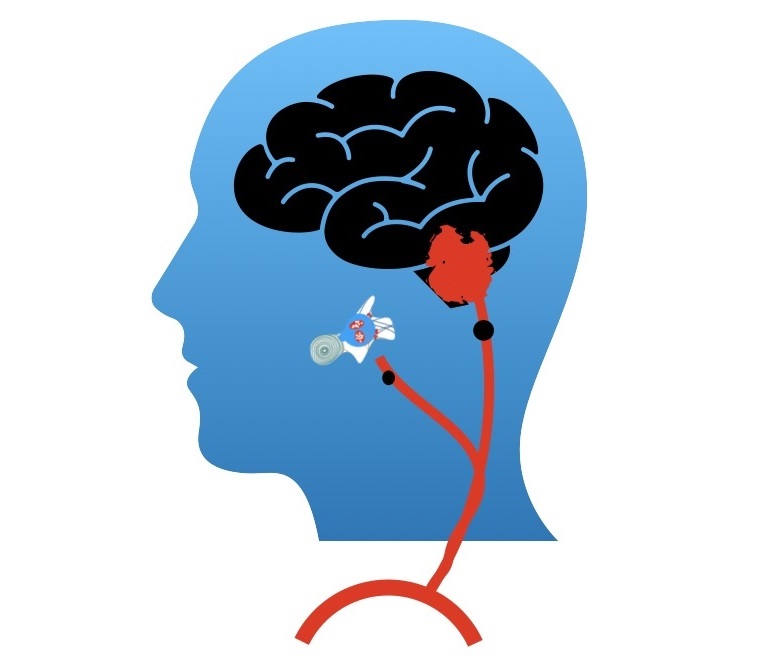
Stroke & Dizziness
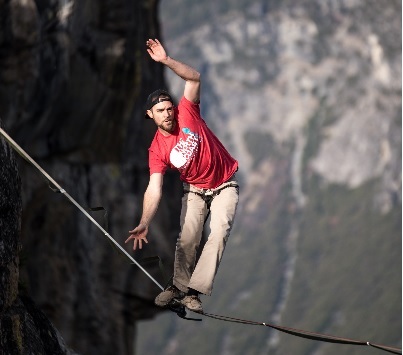
Dizziness & Falls Risk
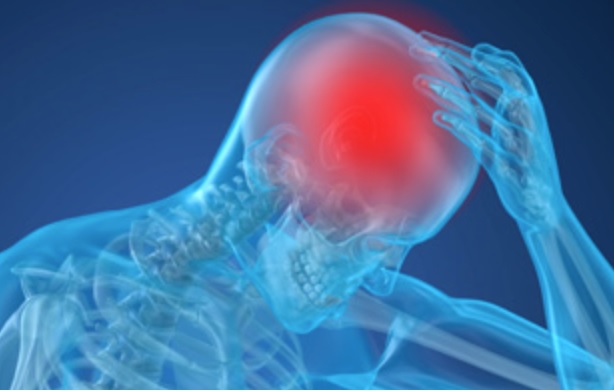
Concussion Dizziness

Vertigo
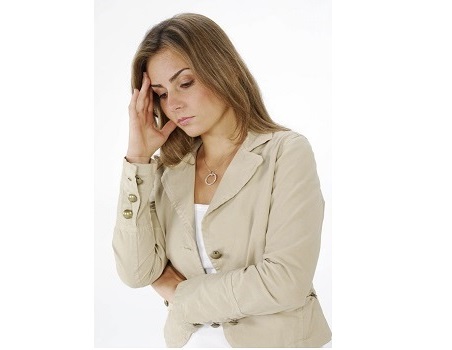
Motion Hyper sensitivity
Patient Review
Appointment type: Online Consultation
Diagnosis : BPPV & Vestibular Migraine
I have suffered on and off with BPPV vertigo for nearly 30 years and getting in touch with Sammy over 4 years ago was the best thing I have ever done.Apart from giving me a manoeuvre and diagnosing Vestibular Migraine which I know I’ve had before but no doctor has ever given a name to it.Sammy is always there for support and to answer my questions, all of this done online.
I have read a great many articles about BPPV and they all sound the same easily remedied,not once have I read how scary it can, be and for me it can take weeks to get back to normal. Although I know a manoeuvre does work for me and I have had a lot, I really don’t like getting it done it’s so scary even though Sammy reassures me every step of the way I don’t know anyone like me.Also my symptoms can be different each time. The last time I had vertigo I felt sick for the first time and ill enough to stay in bed all day.The next day I felt fine even went out but it came back so I contacted Sammy and got an appointment for the next day. I have read lots of excellent reviews about Sammy but I would like to hear people’s experiences. Thank you Sammy.
Lilian Barnes, Darlington , 21-Dec-2024
BPPV (Benign Paroxysmal Positional Vertigo)
What is BPPV??
BPPV attacks occur in short episodes of vertigo provoked by positional changes such as lying down, turning over in bed, looking up or bending over. Typically, the BPPV attacks will last less than a minute.
BPPV is caused by the presence of calcium carbonate crystals within the Semi-Circular Canal of the inner ear.
How is BPPV diagnosed?
Positional tests specific for each canal help diagnose BPPV.
MRI, CT scan and routine blood tests are useless to diagnose BPPV.
How is BPPV treated?
Positional manoeuvres, such as the Epley manoeuvre can help cure BPPV affecting the posterior canal
Medication therapy and other non-specific vestibular exercises such as Cooksey-Cawthorne exercises and Brandt-Daroff exercises will not help get rid of BPPV

What is vestibular migraine?
Vestibular migraine is characterised by recurrent attacks of dizziness/vertigo and unsteadiness. The attacks can last from a few seconds to days. The vestibular symptoms can occur with or without headaches. Other symptoms that are present along with vestibular symptoms are hypersensitivity to bright lights, loud noises and motion intolerances.
How is vestibular migraine diagnosed?
There are no specific tests to diagnose vestibular migraine. Additionally, vestibular migraine can mimic BPPV, recurrent vestibulopathy, Meniere's disease and even a stroke, making it a chameleon in vestibular disorders. Therefore, these vestibular conditions should be ruled out first. Additionally, ICHD-3 vestibular migraine diagnostic criteria can help diagnose VM.
How is vestibular migraine treated?
Vestibular migraine will require a combination of food and lifestyle modification, vestibular physiotherapy and medication if necessary.

What is labyrinthitis?
Labyrinthitis = Inflammation of the labyrinth
Labyrinthitis is characterised by vertigo/dizziness, nausea, vomiting and unsteadiness resulting in vestibular hypofunction.Additionally, hearing loss will also be present in labyrinthitis.
The acute symptoms can last for a few days to a week. If left untreated, the symptoms can persist for weeks to months and even years for some patients.
How is labyrinthitis diagnosed?
Labyrinthitis can be diagnosed by carrying out the following special tests
Nystagmus analysis- Unidirectional nystagmus
Head Thrust Test
How is labyrinthitis treated?
Acute phase - Medication and Vestibular physiotherapy
Sub-acute /Chronic- Vestibular physiotherapy
Long-term use of medication should be avoided as it can interfere with natural recovery and could cause issues such as Parkinsonism.

What is vestibular neuritis?
Vestibular Neuritis= Inflammation of the vestibular nerve
The hearing will not be affected in vestibular neuritis
Vestibular neuritis is characterised by vertigo/dizziness, nausea, vomiting and unsteadiness resulting in vestibular hypofunction.
The acute symptoms can last for a few days to a week. If left untreated, the symptoms can persist for weeks to months and even years for some patients.
How is vestibular neuritis diagnosed?
Vestibular neuritis can be diagnosed by carrying out the following special tests
Nystagmus analysis- Unidirectional nystagmus
Head Thrust Test
How is vestibular neuritis treated?
Acute phase - Medication and Vestibular physiotherapy
Sub-acute /Chronic- Vestibular physiotherapy
Long-term use of medication should be avoided as it can interfere with natural recovery and could cause issues such as Parkinsonism.

What is visual dependency & Visual Vertigo?
People with visual dependency /visual vertigo, suffer from dizziness and unsteadiness due to lack of vision or challenging visual environments such as busy supermarkets, cinemas and scrolling mobile screen.
How visual dependency /visual vertigo is diagnosed?
Subjective history and balance tests can help ascertain if someone is suffering from visual dependency /visual vertigo
How visual dependency /visual vertigo is treated?
Customised balance retraining and habituation exercises will help reduce the visual dependency and visual vertigo

What is PPPD?
PPPD is a functional vestibular disorder, characterised persisting vestibular symptoms triggered /aggravated by certain movements, visual entertainments and certain postures.
How PPPD is diagnosed?
No specific tests to diagnose PPPD, however, focusing on the persisting nature of the symptoms, the triggers and aggravating factors such as movements, posture and environments can help diagnose it
How PPPD is treated?
PPPD is a complex condition and it is treated with vestibular physiotherapy, medication therapy and counselling

What is cervicogenic dizziness?
The neck proprioception, like vision and vestibular, is an integral part of the balance control mechanism. Therefore, issues affecting the neck, such as arthritis, can cause dizziness (cervicogenic dizziness)
Similarly, dizziness due to vestibular disorders can cause neck stiffness to reduce the dizziness provoking head movements. This too could result in both neck pain.
How is cervicogenic dizziness diagnosed?
There are no specific tests to diagnose cervicogenic dizziness. Therefore, before making a diagnosis of cervicogenic dizziness, vestibular causes of dizziness such as BPPV & vestibular hypofunction should be ruled out.
How is cervicogenic dizziness treated?
Routine neck physiotherapy can help reduce the dizziness in cervicogenic dizziness. However, balance issues might need specific treatments.

Can stroke cause dizziness?
Certain strokes, such as posterior circulation stroke, can cause vertigo/dizziness due to the involvement on brainstem and cerebellum
How posterior circulation stroke is diagnosed?
MRI brain is routinely used to diagnose the stroke. However, HINTS test is reported to sensitive and specific to diagnose the posterior circulation Stroke
How dizziness in posterior circulation stroke is treated?
Customised vestibular physiotherapy and balance retraining can help reduce the dizziness/vertigo and improve balance in stroke patients with vestibular symptoms

What is the risk of falls in patients with dizziness?
Certain strokes, such as posterior circulation stroke, can cause vertigo/dizziness due to the involvement on brainstem and cerebellum
How is the risk of falling identified in patients with dizziness?
The risk of falling is identified by validated questionnaires and physical /balance tests
How is the risk of falling treated in patients with dizziness?
To reduce the risk of falling, firstly, the underlying cause of the dizziness should be correctly diagnosed and treated. Additionally, customised balance exercises and other multifactorial interventions could help reduce the risk of falling

What is Post-Concussion dizziness?
Both direct or indirect head trauma could cause vestibular symptoms such as vertigo, dizziness and unsteadiness along with other symptoms due to concussion /mild TBI. Patients with a concussion could suffer from peripheral vestibular conditions such as BPPV, vestibular hypofunction, PPPD and vestibular migraine etc.
How is a post-concussion vestibular disorder diagnosed?
Specific conditions such as BPPV and hypofunction are diagnosed with relevant bedside tests. Conditions such as PPPD and VM are diagnosed based on the history and validated diagnostic criteria.
How is post-concussion vestibular disorder treated?
To reduce the risk of falling, firstly, the underlying cause of the dizziness should be correctly diagnosed and treated. Additionally, customised balance exercises and other multifactorial interventions could help reduce the risk of falling

What is vertigo?
Vertigo is a false sensation of room-spinning/head-spinning sensation. Vertigo is merely a symptom, it is not a clinical condition. Vertigo is present in most vestibular disorders such as BPPV, labyrinthitis, vestibular neuritis and vestibular migraine. However, it can be occasionally present in non-vestibular conditions as well
How is vertigo diagnosed?
As noted above, vertigo is a symptom that is present in a range of conditions. Therefore, the underlying conditions should be looked at specifically to diagnose the cause of vertigo. Please check “Conditions We Treat”
How is vertigo treated?
Symptomatically, vertigo is treated with medications. However, this is an ineffective approach as it does not target the underlying issues. For effective therapy, underlying conditions need to be diagnosed first.

What is Motion Hyper sensitivity?
Motion Hypersensitivity (MHS) is a functional vestibular disorder, usually, it occurs as a
secondary consequence of underlying vestibular/non-vestibular conditions such as
vestibular migraine, vestibular hypofunction and BPPV etc.
How is Motion Hyper sensitivity diagnosed?
MHS is tested by carrying out dizziness-inducing head and body movements. Positional
movements such as Brandt-Daroff or Motion Sensitivity Quotient (MSQ) can help establish
it.
How is Motion Hyper sensitivity treated?
Exercises involving head and body movements are customised to create habituation.
Gradually, the habituation exercises are progressed from simple to complex exercises.

| Conditions | Tests | Treatements |
|---|---|---|
| BPPV | Dix-Hallpike Side lying test Roll test |
Epley Semont Brandt-Daroff BBQ 270°, BBQ 360° Yacovino (Deep head hanging manoeuvre) |
| Vestibular hypofunction (vestibular neuritis,labyrinthitis,acoustic neuroma, etc) | VOR Gaze stability test Balance and Postural Stability tests |
VOR gaze stability exercises Postural stability exercises Gait re-training Static and dynamic balance retraining |
| Vestibular Migraine | ICHD-3 (A1.6.6 Vestibular migraine) | Customised vestibular rehabilitation Food and Life style advice |
| Visual Vertigo | Situational Characteristics Questionnaire | Virtual reality exercises |
| Motion Hypersensitivity | Motion Sensitivity Quotient | Habituation exercises |
| PPPD | PPPD criteria & NPQ questionnaire | Customised VRT |
| Multisensory disequilibrium of aging | Multifactorial balance assessment | Falls risk identification , falls prevention strategies Strengthening exercises Static and dynamic balance exercises Gait re-education Balance- confidence building exercises |
| Concussion & Head injury | Comprehensive assessment | Customised treatment |
| MdDS | Comprehensive assessment | VOR Readaptation exercises Customsied balance retraining |
DizzyCare Clinic Patient Review
Online ConsultationBPPV & Vestibular MigraineI have suffered on and off with BPPV vertigo for nearly 30 years and getting in touch with Sammy over 4 years ago was the best thing I have ever done.Apart from giving me a manoeuvre and diagnosing Vestibular Migraine which I know I’ve had before but no doctor has ever given a name to it.Sammy is always there for support and to answer my questions, all of this done online. I have read a great many articles about BPPV and they all sound the same easily remedied,not once have I read how scary it can, be and for me it can take weeks to get back to normal. Although I know a manoeuvre does work for me and I have had a lot, I really don’t like getting it done it’s so scary even though Sammy reassures me every step of the way I don’t know anyone like me.Also my symptoms can be different each time. The last time I had vertigo I felt sick for the first time and ill enough to stay in bed all day.The next day I felt fine even went out but it came back so I contacted Sammy and got an appointment for the next day. I have read lots of excellent reviews about Sammy but I would like to hear people’s experiences. Thank you Sammy.
Lilian Barnes , Darlington , 21-Dec-2024 |
In-personVM and pppdI had my second session with Samy yesterday and he has really calmed my anxiety about these conditions. Admittedly, I have been very low with the symptoms. Samy has given me a roadmap for my recovery and is very compassionate. Vestibular problems are very testing so you need a good clinician on side. I feel more positive about recovering Catherine , Shrewsbury, 21-Dec-2024 |
In-personI visited Samy yesterday, 13/04/2024 for treatment for my vertigo. I was diagnosed around 5 years ago when pregnant with my 3rd child. I had my last treatment 2years ago at the QE hospital in Birmingham after referral and an extremely long wait of suffering. I have been having hormonal changes recently and experienced an episode of the BPPV after waking on 11th April. I found Dizzycareclinic online and got an appointment straight away to my utmost relief! Samy was so lovely and he explained all my treatment and performed the epley manouvere to reposition the crystals in my ear. He then explained the reasons this had happened to me initially and why it had more than likely happened again. I had never been informed of any of this at the hospital. I left the treatment smiling and happy after arriving anxious and feeling awful. I cannot thank Samy enough and know exactly where he is if and when I will need him again. Highly recommend. Jo Hart , , 21-Dec-2024 |
Online ConsultationVestibular MigraineAfter weeks of dizziness and head pressure, Samy was able to diagnose me on my first appointment and begin my road to recovery. He helped explain the condition in a simple and clear way, which allayed my fears and worry. The dietary advice, exercises and support were of real benefit, and were much more than I got from my own GP. I wouldn’t hesitate to recommend Samy to anyone suffering with vestibular problems. Thank you! Louise , Staffordshire, 21-Dec-2024 |
In-personVestibular MigraineI have been suffering from vertigo and related symptoms for over eight months and went to the Dizzy Clinic to seek Samy's advice. He has helped me tremendously in my attempt to get a diagnosis. He is very professional and thorough investigating all possible causes. Since being diagnosed with vestibular migraine, I have been following a diet recommended by Samy. I have also been given breathing exercises. I am still near the beginning of this journey to help me overcome my problems but I have already seen an improvement which is very encouraging. I would not hesitate in recommending a visit to Samy for anyone suffering from dizziness ar vertigo. Gillian Dooley , Malvern, 21-Dec-2024 |

